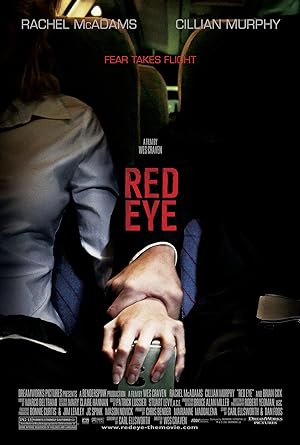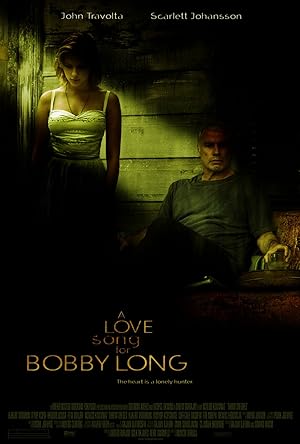Dark Water

Scott Hardie: “It was ok.”
Trust me: Do not consume an entire extra-large beverage during the opening credits.
This semi-arthouse horror flick applies a layer of prestige to its commercial flaws with slick, ominous art direction and an Oscar-calibre cast (Jennifer Connelly, Pete Postlethwaite, John C. Reilly, and a well-disguised Tim Roth), but the flaws gradually wither it from the core like termites. For one, there's the annoyingly precocious kindergartner who demonstrates the intelligence of an average twelve-year-old, well-acted by little Ariel Gade but constantly reminding us we're watching a movie. Then there's the ridiculously over-the-top finalé, which cranks to eleven a film that had previously been enjoying a nice, creepy four. And there's the clumsy foreshadowing, which smartly refuses to show the villain in person until the final act but gives away the key to her mystery in the opening minutes, and which has a landlord explaining in detail how the shower's glass panel is unbreakable as a giant, blinking indicator that it will later separate mother and daughter in a crucial moment. I'm also getting sick and tired of horror movies where angel-voiced little kids sing their creepy nursery rhymes in an attempt to unnerve the audience: It hasn't been scary for years, Hollywood.
Still, the film gets a few things really right. I like the choice to put so much of it inside the mother's head and subject her to migraines; with its oppressive photography and screeching sound effects, I could almost feel the migraines inside my own head. (I mean that better than it sounds.) The teenaged boys who initially seem to be the cause of the problems may be obvious red herrings, but they help to ground the film in plausibility until it derails in that big climax at the end. And the film makes smart choices on the little details, like having the landlord and the lawyer both abandon the heroine at crucial moments in an echo of her childhood, and making the apartment seem cluttered and lived-in at all times, not clean like most movie apartments.
[Spoilers ahead.] How does the film compare to the Japanese original? Well, they're very similar, and it's almost pointless to distinguish between them since they're about equally good and about equally effective as horror movies. The original went for sadness as its primary effect with a heartbreaking shot near the end, but this one is more focused on its duties as a horror film, raising the tension and making the conflict more personal. Whereas the Japanese mother makes a sad choice of her own volition, the American mother essentially has her hand forced by the villain, which makes the villain seem a hell of a lot meaner but strips the mother of her soul; here she only reacts to the events of the plot instead of causing them. And while this film wasn't shooting for the original's melancholy epilogue, having the American heroine leave it with a smile on her face strikes a false note after everything that has come before it. Ultimately the films are too similar to bother separating; the Japanese original is slightly better, but neither is particularly worth renting.
− date unknown • more by Scott • log in or register to reply
Want to join the discussion? Log in or register to reply.
write your own review of Dark Water
















